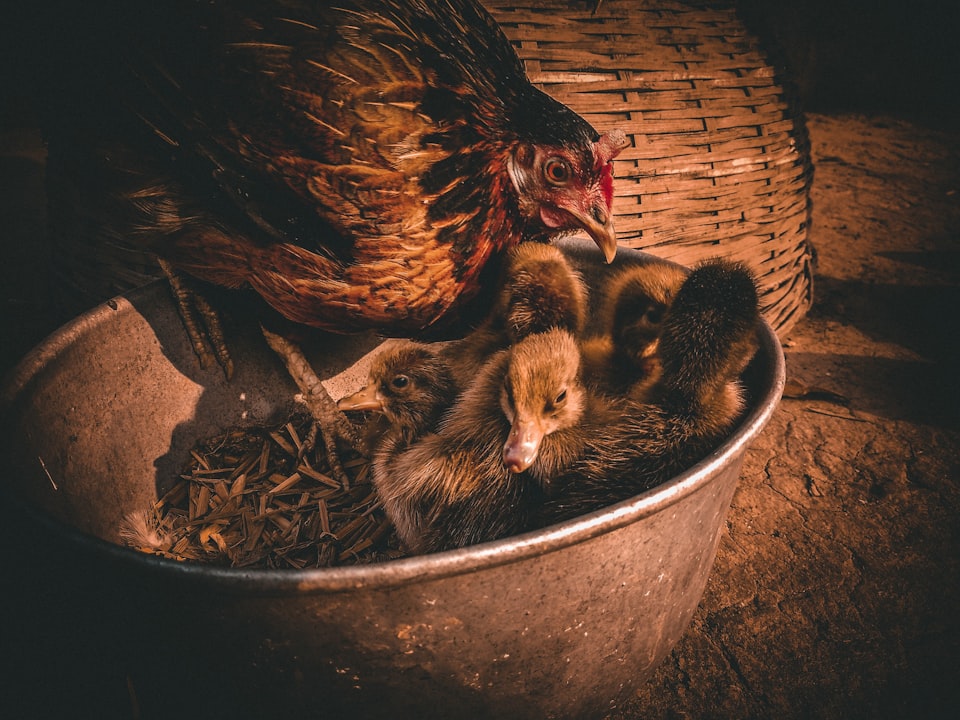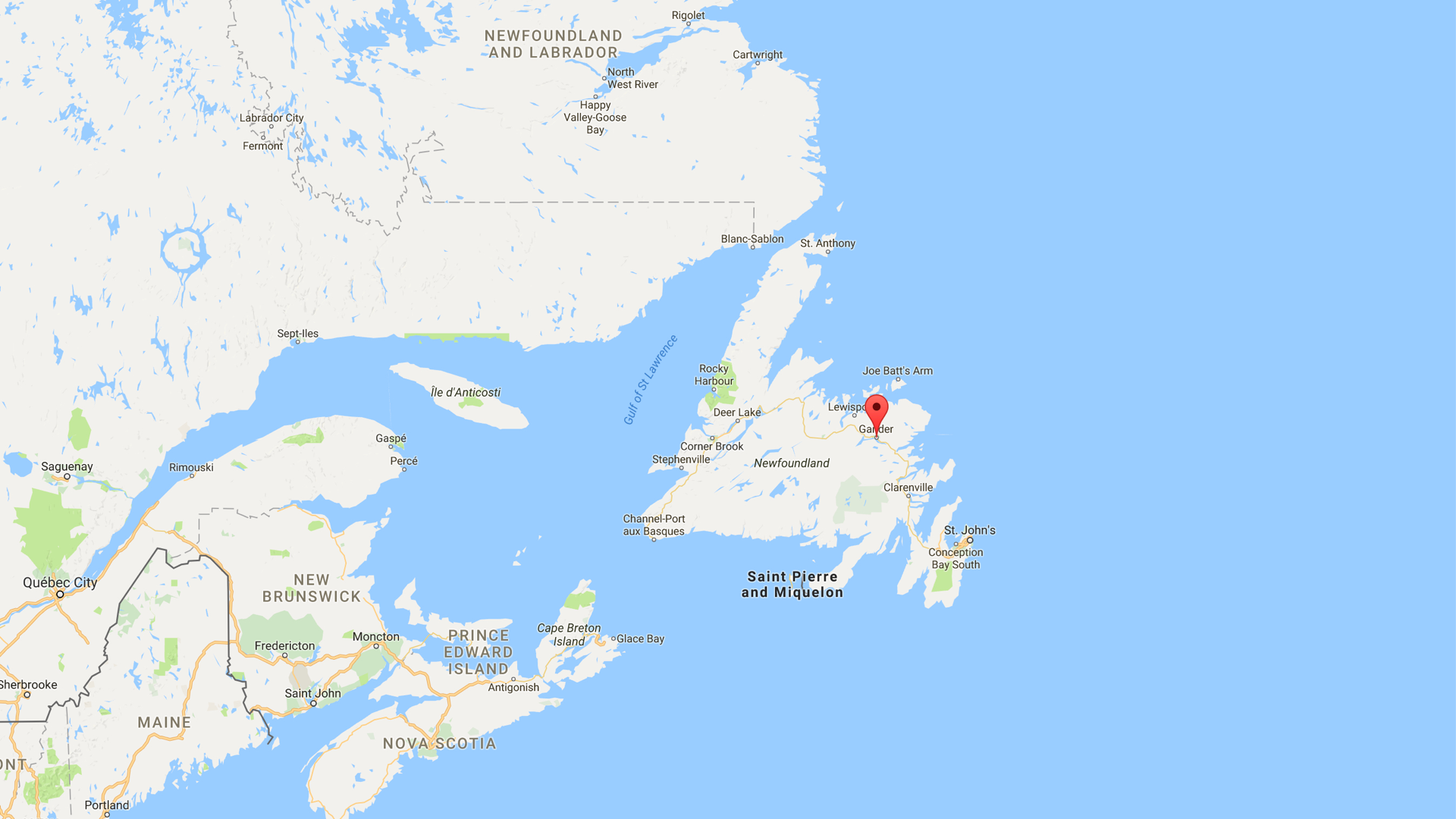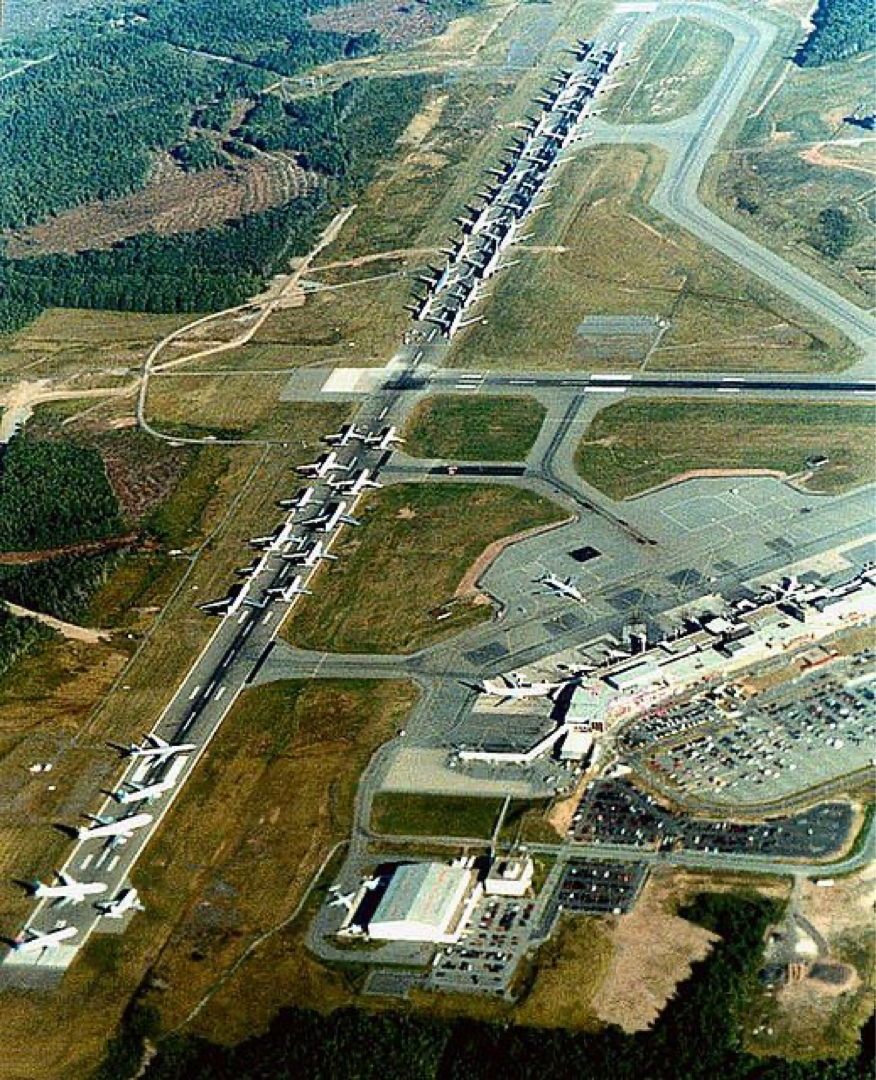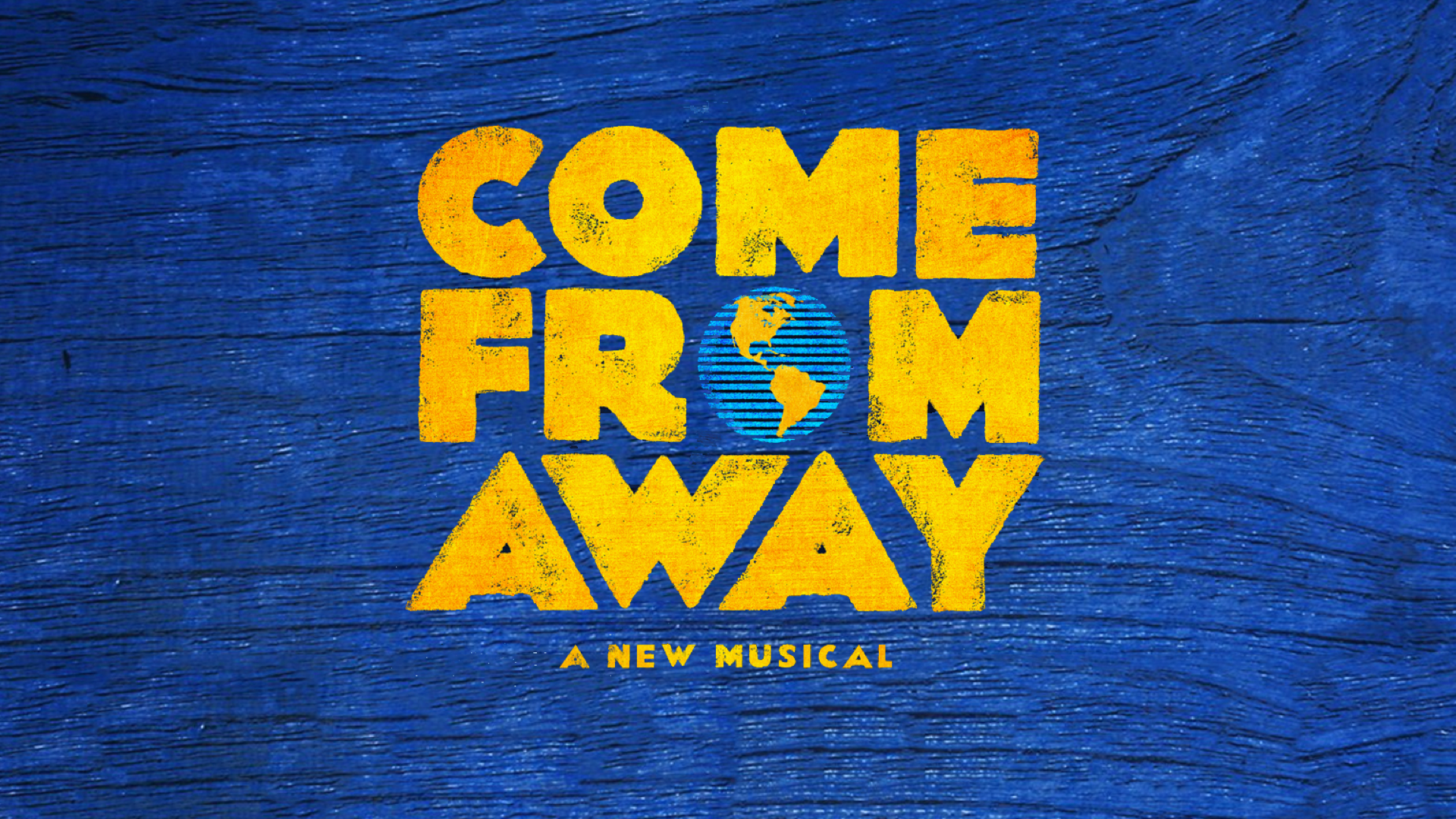Like A Mother

Sermon Delivered at The Local Church
March 13, 2022 • Lent 2C
Scripture: Luke 13:31–35
On the morning of September 11, 2001, after two planes had crashed into the World Trade Center in New York City, one into the Pentagon outside D.C., and another in a field in Shanksville, Pennsylvania, the Federal Aviation Administration made the decision to shut down U.S. airspace. This meant that the 4,000 planes flying in the U.S. at the time had to land at the nearest airport. International flights en route to the U.S. were forced to land elsewhere — and one of those places, particularly for flights coming from Europe — was the small 10,000-person town of Gander, Newfoundland in Canada.

The airport in Gander is not what you would call bustling. It’s not Dulles or O’Hare or LaGuardia. Not even RDU. On most days, the Gander airport saw an average of only six or so flights every day. But that day, September 11, 2001, when planes were forced to divert and the airspace in the U.S. was closed, 38 international flights landed there in Gander — all together carrying nearly 7,000 passengers from all over the world and with nearly every U.S. state represented.

In the midst of the confusion and chaos of that day — and remember, this was before smartphones and social media — the passengers weren’t allowed to leave the plane for hours: pilots and crew, business travelers and tourists, moms and their babies, passengers with service animals in tow — they had no idea what was going on, no way to communicate with the outside world.
Finally, after many hours stuck on the tarmac stranded inside those 38 metal tubes, the nearly 7,000 passengers were allowed to disembark. But to where?
As it became more and more clear that the planes wouldn’t be taking off again anytime soon and less and less clear how long the flights would be grounded, the 10,000 citizens of Gander began to mobilize — working to ensure that the 7,000 passengers from all over the world, all with different stories and backgrounds and beliefs and languages — would have safety and food and shelter for however long they might need it.
Every school classroom, every gym, every church sanctuary and community center became a makeshift shelter. The front doors of homes were thrown open. Each of the town’s 500 hotel rooms was made available.
Store shelves went empty as residents of Gander bought out clothing and diapers and all other kinds of essentials for the stranded “come from aways” — Newfoundland-speak for those “not from around here.” Donations of toiletries and pillows and toys for the kids came pouring in. The hockey rink became the town refrigerator — a place where casseroles on casseroles that had been made to feed the town’s spontaneous guests could be kept cool until they were needed.
Finally, five days later on September 16, the final of the 38 rerouted planes departed from Gander, Newfoundland bound for its original destination.
Over the course of those five days, residents and “come from aways” consoled one another as they faced a disorienting new world. They shared meals, and the residents offered entertainment and took the passengers to see nearby landmarks. They went together to light candles in churches for loved ones who were missing and prayed for those with whom they couldn’t make contact.
And before they left, when the “come from aways” tried to repay or even offer tokens of gratitude, the residents of Gander said, “No, thank you.” They didn’t see a need, because this kindness, this hospitality, this generosity and mercy — it’s just what they do in Gander.

If you’ve seen or heard about the musical, Come From Away, then this true story is familiar to you. I love this quotation from one of the residents — a man named Dave — who had opened his home in those days following 9/11.
They couldn’t comprehend what we were doing. The way they looked at you — they almost wanted to touch you to make sure you’re real.
This seeming incomprehensible mercy, humanity, and refuge is what we’re talking about today.
As a refresher, it’s the second week of our new sermon series for Lent called “Full to the Brim.” Lent, if you remember, is the forty-day season in our church calendar in which we prepare for the heartbreak and hope of Holy Week and Easter. I like to think of Lent as a sort of “spring cleaning” for our souls — the season in which we clean out the junk drawers of our hearts, run the steamer vac over our rhythms of life, and “home edit” our priorities and activities so that we might breathe again.
Normally, when you think about Lent, you might think about giving something up like French fries or talking smack about people. Or maybe you commit to take something on like reading a daily devotion or spending 15 minutes each day in meditation and silence.
And if that’s what you’re committing yourself to this Lent, we are proud of you. If it’s working for you and leading to a deeper connection with God and neighbor and giving you what you need right now, keep doing the thing. I am cheering you on.
But I also know that for many of us, the thought of one more thing right now — whether it’s taking it on or giving it up — is going to lead to one big hard pass. A firm nope. And that’s why I love our series: “Full to the Brim.” Because it’s sort of the anti-Lent. Instead of more work, more self-flagellation, more commitments, what this series offers is an invitation to be filled to the brim. All this season asks of you is to simply receive the goodness of God that is already abundant. In other words, what if Lent wasn’t necessarily about an emptying? A self-denial? What if it wasn’t about beating ourselves up? Instead, what if it was a journey toward abundance? Toward experiencing life in all its fullness? Toward receiving the goodness and blessing of God? That’s what Full to the Brim is all about. This week: “Full to the Brim: Under God’s Wing.”
In the passage that Janet read for us, we find Jesus on the way to Jerusalem — the central location of Holy Week. It’s where he’ll be tried and sentenced and executed. This is the more opportune time that the Tempter described last week.
And as Jesus is traveling, some Pharisees — the religious leaders and scribes — come to him and want to give him a heads up. They’re trying to help him out by saying, “Hey just so you know, Herod wants to kill you. You may want to turn around.” Herod, remember, is the tetrarch (or ruler) of the region that included Galilee. He was installed by the Roman empire and saw Jesus and his followers as a threat to his power and reign.
But Jesus calls him a fox (which is not a compliment) and says, “Go tell that fox about everything I’m doing — the miracles, the healing, the feeding, the liberating. That’s my work today and tomorrow, but on the third day, my work will be done.” This is, of course, a reference to his resurrection — the whole point of his journey to Jerusalem — which is the completion of his work.
And that’s when he launches into this section about Jerusalem — “the city that kills prophets,” according to Jesus, identifying himself as one of those to be put to death. And now let’s pause here for just a moment and consider all that’s going on.
Here’s Jesus who’s just been told by a group of Pharisees that Herod wants to kill him. And not only that, but he knows that where he’s headed, Jerusalem, isn’t traditionally kind to prophets — rejecting them, mocking them, killing them. And not only that, but he knows that the closer he gets to Jerusalem, the closer he gets to his own rejection. It will no longer be abstract. It’ll no longer be just history. It’s his. It’s real. And every step is one step closer to that reality. Every step is one step closer to the heartbreaking and unjust and tragic reality that the people who will welcome him are the same ones who will turn around and immediately reject him.
Can you imagine the stress? Can you imagine the heartache? Can you imagine the inner turmoil and maybe even outright anger you’d feel — at the injustice of it all? At the hypocrisy of it all? And you add fear to the mix and the uncertainty of what’s ahead. I mean, can you imagine?
And yet, consider Jesus’ words here. Consider his tender, beautiful, merciful words: “Jerusalem, Jerusalem… How often have I desired to gather your children together as a hen gathers her brood under her wings…”
In other words, even when staring his own death in the face, even when knowing that betrayal and condemnation, rejection and abandonment await him, Jesus’ response is not one of condemnation and fury. It’s one of mercy. It’s one of compassion. It’s one of a fierce love.
He’s essentially saying, “Like a mother hen, my love for you is fierce. You are my beloved, and I will love you with a love that so deep and so expansive that you can’t even comprehend its fullness. I will protect you. I will offer refuge. I will offer you safety. I will care for you with the ferocity and strength of a mother. Even when you’ve been scattered. Even when the fox is after you. Even when you screw up. Even when you try to separate yourself from this love. It’s constant. It’s fierce. Like gum on your shoe, you won’t be able to get it off.”
As Jesus moves closer and closer to his death, his message here is one of incomprehensible mercy, humanity, and refuge.
But as the church, we haven’t always followed suit. We haven’t always loved like Jesus, our mother. We haven’t always been a people of refuge and safety — of mercy and love.
For instance, on a grand scale, our history is tainted by the exploitative colonialism that led to the displacement at best and murder at worst of those whose land would become occupied by people who called themselves Christian. It’s stained by the blood shed when followers of Jesus turned a blind eye to and even participated in the dehumanizing evils of slavery. It’s marred by every person who would worship God on a Sunday morning and then take part in a lynch mob later in the week.
And sadly, it’s not relegated to history. Even now, the church is not always and everywhere seen as a safe place. We haven’t always been a people who live like a mother hen offering refuge. For instance, when someone starts asking hard, holy questions and doing the work of deconstruction, it can feel like a threat to the stability and control of those in power, and it’s just easier to send those questions away rather than embrace them and experience the vibrancy and depth of the mystery of faith.
We’ve especially done harm to LGBTQ+ persons who are faithful and who love Jesus — and even those who may simply be dipping their toes into the waters of faith. We fail to offer the expansive love of Jesus, our mother, when they’re cut off and cast out by faith communities and families simply because of who they love and how God knit them together. Y’all, it’s hard to come back from the pain of a whole community that turns its back on you. It’s hard to give it another shot when you’ve been hurt like that — when the church that says, “All are welcome here” ends up with an asterisk and some fine print.
Look: There’s no such thing as a perfect church. Even though we try hard to follow Jesus, the very fact that this is an institution made up of human beings means that we won’t always get it right. I tell people often that at The Local Church, at the end of the day, we’re just trying not to suck.
And even though we won’t always get it right, we follow a God who will. We follow a God who gathers us beneath her wings — offering the safety and anchoring we need to fully be who we’re created to be. Where we can, like the “come from aways” in Gander, find refuge when we feel unsafe, find a warm embrace when we’re far from home, and find life in places of disorientation and death. It’s there in abundance — even now. God’s love for you is fierce and more full than you can imagine.
And because we follow a God who gathers us beneath her wings, in the same way, like the residents — the Islanders of Newfoundland — God calls us to extend that same mercy, that same bold love and solidarity, that same hospitality and generosity and ferocity to everyone period — with no reservations, no hesitations, and no exceptions.
You remember Dave’s words from earlier? Remember how incomprehensible that abundant, full to the brim love seemed?
What if it wasn’t?
In the name of God, our Mother, Amen.
